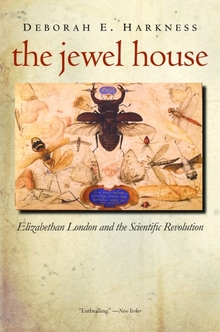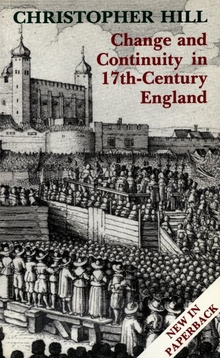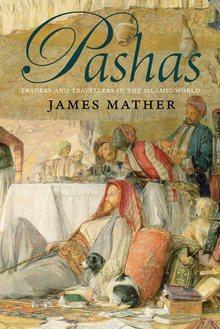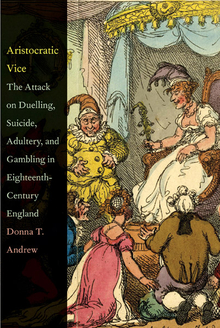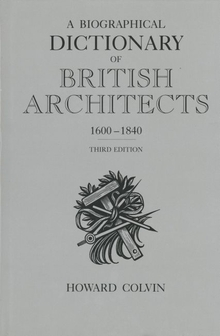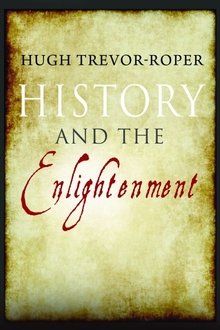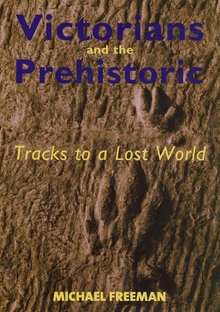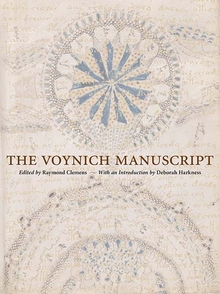The Jewel House
WARNING
You are viewing an older version of the Yalebooks website. Please visit out new website with more updated information and a better user experience: https://www.yalebooks.com
Elizabethan London and the Scientific Revolution
Deborah E. Harkness
Not just a few elite scientists, but Londoners from all walks of life--lawyers, prisoners, midwives, merchants--participated in the scientific community of Elizabethan times
Bestselling author Deborah Harkness (A Discovery of Witches, Shadow of Night) explores the streets, shops, back alleys, and gardens of Elizabethan London, where a boisterous and diverse group of men and women shared a keen interest in the study of nature. These assorted merchants, gardeners, barber-surgeons, midwives, instrument makers, mathematics teachers, engineers, alchemists, and other experimenters, she contends, formed a patchwork scientific community whose practices set the stage for the Scientific Revolution. While Francis Bacon has been widely regarded as the father of modern science, scores of his London contemporaries also deserve a share in this distinction. It was their collaborative, yet often contentious, ethos that helped to develop the ideals of modern scientific research.
The book examines six particularly fascinating episodes of scientific inquiry and dispute in sixteenth-century London, bringing to life the individuals involved and the challenges they faced. These men and women experimented and invented, argued and competed, waged wars in the press, and struggled to understand the complexities of the natural world. Together their stories illuminate the blind alleys and surprising twists and turns taken as medieval philosophy gave way to the empirical, experimental culture that became a hallmark of the Scientific Revolution.
"This is a wonderful book, full of fascinating detail and stories from a lost world. It will have wide circulation among historians of science and technology, historians of England, and cultural historians in general."—Pamela Smith, Columbia University
"The Jewel House of Art and Nature is by far the finest exploration ever undertaken of scientific culture in an early modern metropolis. Vivid, compelling, and panoramic, this revelatory work will force us to revise everything we thought we knew about Renaissance science."—Adrian Johns, author of The Nature of the Book
"Through a deft navigation of printed book and manuscript records . . . Harkness’s book succeeds in evoking a city alive with the pursuit of the natural world, a pursuit infused with objects, ideas and people from foreign lands . . . she listened to the archives, established rapport with these sources, traced the connections between practitioners, and mapped the concepts of science and community in Elizabethan London."–Lauren Kassell, Times Educational Supplement
Publication Date: October 28, 2008
20 b/w illus.

